Sunday 17 December 2017
Exploito All’Italiana:
Night Train Murders
(Aldo Lado, 1975)
In the course of writing previous reviews for this ‘Exploito All’Italiana’ thread, I’ve made frequent references to “the great Italian rip-off machine” and suchlike, but how are we supposed to respond on occasions when this “machine” upsets our patronising critical notions by delivering a “rip off” that is actually considerably better than the source film it is imitating…?
In qualifying this assertion, I should probably admit straight away that, influential and epochal though it may be, I’m not a fan of Wes Craven’s ‘The Last House On The Left’ (1972). If that means I have to hand in my badge at the front desk and surrender my right to pass judgement on exploitation movies, then so be it, but what can I say? When cinema gets down to the ‘Last House..’ level of nastiness, I’m basically just too nice for this game, and, unless there’s some reassuringly legit good filmic artistry to go along with the sleaze, I’m bailing out.
Which, conveniently, is exactly where Aldo Lado comes in, with his film ‘L'ultimo Treno Della Notte’ (‘Last Stop on the Night Train’, aka ‘Don't Ride on Late Night Trains’, ‘Torture Train’ and ‘Xmas Massacre’, but best known in the English speaking world simply as ‘Night Train Murders’), which hit Italian screens in April 1975.
As you might well expect given the thoughts expressed in the preceding paragraphs, I have previously tended to avoid Italy’s attempts to cash-in on ‘Last House On the Left’ like the proverbial plague, and ‘Late Night Trains’ is, undeniably, an imitation of ‘Last House..’. In terms of plot synopsis in fact, the two films are virtually identical, with Lado adding little to Craven’s minimal rape/murder/revenge scenario beyond the addition of a train.
(Of course, Lado may well have claimed he was taking his inspiration from Inger Bergman’s ‘Virgin Spring’ (1960) – the original source for ‘Last House..’ – but no prizes for guessing whether it was Bergman or Craven’s box office that the producers had in mind when they took this particular project to market.)(1)
Thank heavens then that Aldo Lado was far from your typical exploito-sleaze merchant. In fact, he is a director I am increasingly inclined to regard as some kind of unheralded savant of Italian genre cinema, at least on the basis of the three films by him I have seen to date. His two gialli (1971’s ‘Short Night of the Glass Dolls’ and 1972’s ‘Who Saw Her Die?’) are among the best, and most unconventional, films that genre has to offer, and as such, it was Lado’s name (along with admiring comments from several critical voices whose opinions I value) that finally convinced me to take a deep breath and press play on ‘Night Train Murders’.
And, without wishing to sound too pompous about it, I’m very glad I did, because, as it turns out, this is a far more challenging and rewarding film than its subject matter, promotional material and unsavoury reputation would ever have led me to expect.
Certainly, there is little in the film’s lengthy opening sequence – a tightly edited montage of footage of the bustling, pre-Christmas shopping streets of Munich, set to Demis Roussos’s exuberantly good-natured pop hit ‘A Flower is All You Need’ – to suggest that we’re about to take a stumble into bleak video nasty territory. Instead, it is happy merely to function as a lively and extremely skillful slice of visual storytelling, ensuring that, by the time they’ve boarded a train bound for Italy (heading back home for a family Christmas), we already feel as if we know our ostensible protagonists Margaret (Irene Miracle, who later appeared in Argento’s ‘Inferno’) and Lisa (Laura D’Angelo, who didn’t) pretty well.
Likewise, quick cutaways to the exploits of the characters we will subsequently know only as ‘Blackie’ (Flavio Bucci, who surprisingly went on to play Daniel the blind pianist in ‘Suspiria’ just two years later) and ‘Curly’ (Gianfranco De Grassi) – two teenage ne’erdowells who duck onto the train sans tickets to avoid pursuit from the local police – make as feel as if we’ve got their number too.
The two boys are live wire juvenile delinquents with a skeevy, junkie-ish look to them, capable of dumb and violent behaviour (rolling a drunken Santa Claus for small change, stealing an elderly lady’s fur coat), but – crucially – they are definitely not cold-blooded killers at this stage.
As the overcrowded commuter train departs from the station and the characters within it begin to interact, it soon becomes clear that, whatever qualms he may have had about helming a ‘Last House..’ rip-off, Lado definitely brought his A-game to this production. His direction here is extremely confident, drawing convincingly naturalistic performances from the young cast. Gábor Pogány’s photography meanwhile demonstrates a keen eye for stylish framing and visual beauty whilst remaining similarly grounded in naturalism, and the film keeps up a punchy, deliberate editing rhythm that ensures we’re soon deeply engrossed in the travails of our various characters, even though, on the surface of it, nothing terribly interesting has even happened to them yet.
In other words, this is basically just a really well made film, hitting a level of dramatic realism and technical acumen far above the norm for a mid-‘70s Italian genre flick… which of course only serves to make the depredations that eventually engulf our characters all the more difficult to swallow.
Needless to say, things soon get a bit unruly in the corridors of the train, as the two juvies beat up a ticket inspector in full view of a shocked family group, and – rather unexpectedly – their adventures get a bit kinky too, as Blackie corners a slightly older woman wearing a funeral veil in the toilet, and - in a moment of madness upon which the fate of all our characters turns - the nameless woman (played by Macha Méril, best known as the ill-fated psychic in ‘Deep Red’) decides to enthusiastically reciprocate his lewd advances, instigating one of the more uncomfortable (in both senses of the word) bouts of consensual sex that the cinema has to offer.
After this, a spirit of anarchy and misrule is very much abroad on the train, and, as strongly as Lado may assert his disgust at bourgeois hypocrisy elsewhere in the film, it is definitely not a nice spirit. It is no surprise that Margaret and Lisa feel pretty relieved when, as the train sits delayed at the next station, they realise they can shorten their journey by hopping across the tracks to take a different, overnight service back to Italy and, perhaps more importantly, can get away from those scary boys in the process.
It is here, as the two girls negotiate the ill-lit, wood-panelled compartments of the largely empty second train, that Lado flips the switch from the naturalism of the preceding scenes to a foreboding, quasi-expressionistic horror movie approach reminiscent of his earlier ‘Short Night of the Glass Dolls’. And of course, it comes as absolutely no surprise when, after settling down in apparent safety to enjoy the contents of their picnic hamper, the girls hear the by-now familiar sound of Curly’s harmonica echoing through the corridors.
What is more surprising – and represents ‘Night Train Murders’ most interesting deviation from the ‘Last House..’ template – is that the woman in the veil has not only accompanied the two boys onto the new train, but has effectively taken charge of their activities, egging her two new droogs on towards more extreme acts than they would likely have ever committed if left to their own devices, having apparently decided to ditch whatever her prior Christmas plans were in favour of some opportunistic sexual sadism.
Though European genre cinema offers more than its fair share of vamps, dominatrixes, sapphic prison warders and assorted other flavours of female predator, the subtlety with which Méril approaches her role here renders her a uniquely ambiguous and unsettling character. Avoiding any melodramatic over-playing or conventionally ‘monstrous’ gestures, she represents an outwardly anonymous, respectable citizen who can turn on a dime as the weight of suppressed desires and frustrations apparently rush to her head, before assuming the mask of innocent respectability once more as soon as it comes time to face the consequences of the crimes she has instigated.
In thematic terms, Lado seems keen here to explore the notion of the middle-class, adult world holding eventual responsibility for the violence and degradation that the younger generation (and, by implication, the more vulnerable/disenfranchised segments of society as a whole) inflicts upon itself. He expresses this idea pretty bluntly by cross-cutting between the terrifying ordeal the girls are experiencing on the train and a Christmas Eve party held by Lisa’s parents back in Verona – a grim affair in which marital infidelity, alcoholism and fatuous pronouncements about the breakdown of law and order seem to be the order of the day.
Arguably however, the director’s point is better made through Méril’s character, the calm, well-spoken adult who oversees the outrages the young people commit upon each other in the locked train compartment just as surely as state power manipulates Alex and his gang in ‘A Clockwork Orange’ (clearly another key touchstone for the rapeier end of Italio-exploitation in this era).
Inevitably, it is the extended ordeal in the train compartment that forms the dark heart of ‘Night Train Murders’, and Lado and his collaborators build a suitably nightmarish atmosphere for what transpires, as dim bulbs shining through curtained windows project a sickeningly artificial blue/purple light that gives the compartment the theatrical, otherworldly feel of a space in which anything as possible, and in which conventional morality has entirely ceased to apply.
We won’t dwell here on the details of what transpires, but needless to say, it’s all as excruciating as you might fear, with the girls’ mute terror made horrifyingly palpable as they find themselves trapped in a kind of quasi-public S&M ritual from which no safe word will set them free.
To Lado’s credit however, he entirely avoids the titillating gore/slasher approach that many of his peers in Euro-horror might have favoured, instead ensuring that the indignities inflicted upon the victims remain grotesquely, almost pathetically, mundane – more in keeping, one imagines, with the conduct of an actual sexual assault than the stylised spectacle of some misogynistic Argento / Hitchcock fantasia.
When the first death occurs, it is random, unplanned, quick and nasty. With their latent psychopathy brought to the surface by Méril’s manipulation, the boys simply got carried away, and now everyone is in big trouble.
As viewers, we have borne witness to, and to some extent been carried along with, the flow of these terrible events, and, as the bodies of Lisa and Margaret are eventually ejected from the train window like so much human garbage, their belongings and Christmas shopping scattered alongside them on the bleak, nocturnal hillside, you’ll be liable to feel the shadow of some black spider crawling across your soul. It’s horrible, but it is precisely what the filmmakers intended.
After that, there’s nowhere really that ‘Night Train Murders’ can go, artistically speaking. But still, the final act must play out as promised. The killers must intersect with the waiting parents at the station, the truth must be discovered, and empty, soul-withering revenge must, eventually, be meted out. The “WHO ARE THE REAL MONSTERS HERE?” banner must be raised, and a black curtain of full spectrum misanthropy must be drawn down over proceedings.
As Lado simmers things down more to the level of a competently executed exploito-thriller for this final act, it is all dreadfully unpleasant, but regardless – it is the blue-lit horrors of the train compartment that will live on in your memory as Roussos’s absurdly inappropriate ballad returns to plead for peace and understanding over the end credits.
In the end, there’s not much of a helpful message anyone can take home from this atrocity exhibition, beyond perhaps the practical advice gamely offered by whichever foreign distributor came up with the idea of calling it ‘Don’t Ride on Late Night Trains’. Merry Christmas, everybody.
---
(1) By way of further clarifying ‘Night Train..’s status as a ‘Last House..’ rip-off, You will of course note the slight similarity of original release Italian title (‘Last Stop..’), and, rather more shamelessly, that the film was even foisted upon American viewers at various points in time as both ‘Last House: Part 2’ and ‘The New House on the Left’. Hedging its bets genre-wise, the latter release even featured an (admittedly very cool) poster illustration that appears to depict one of the girls on the train being attacked by ‘Blind Dead’-esque hooded zombies!
Subscribe to:
Post Comments (Atom)





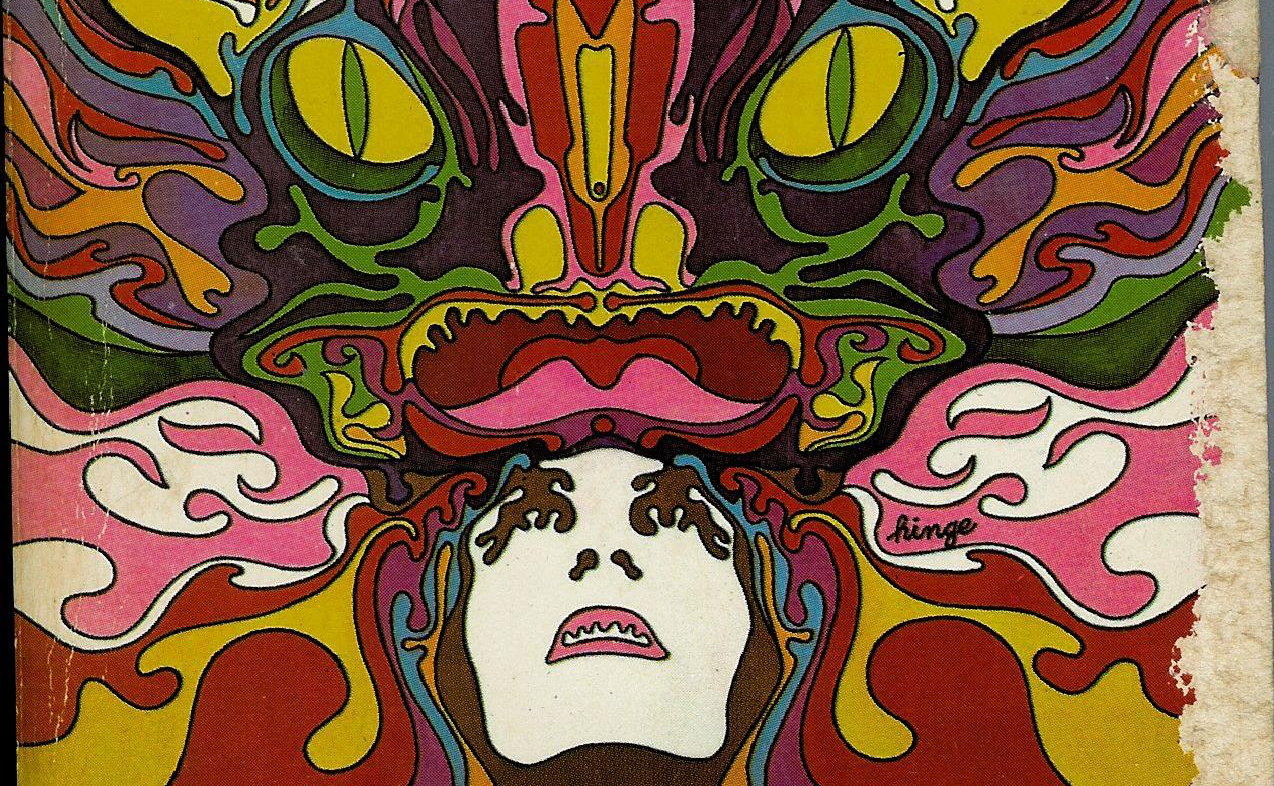

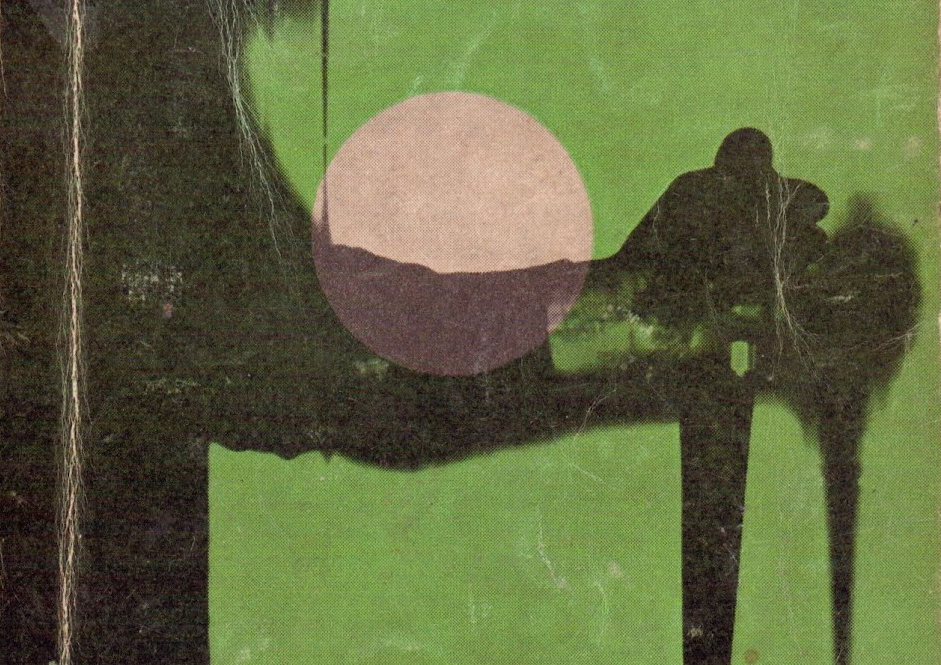
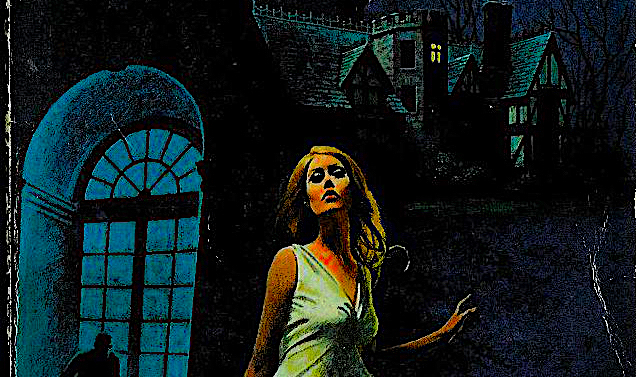
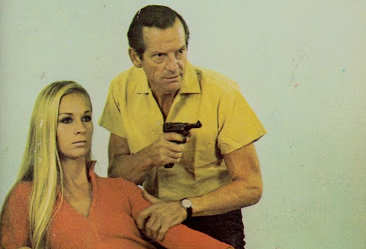

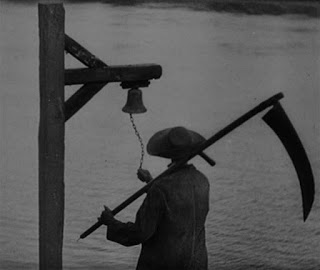
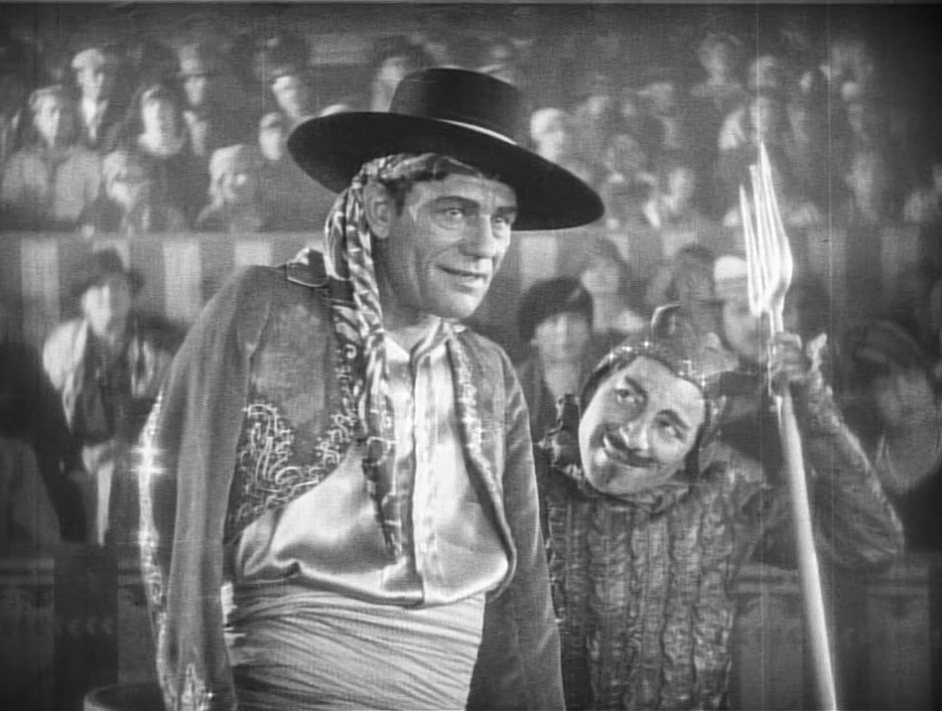
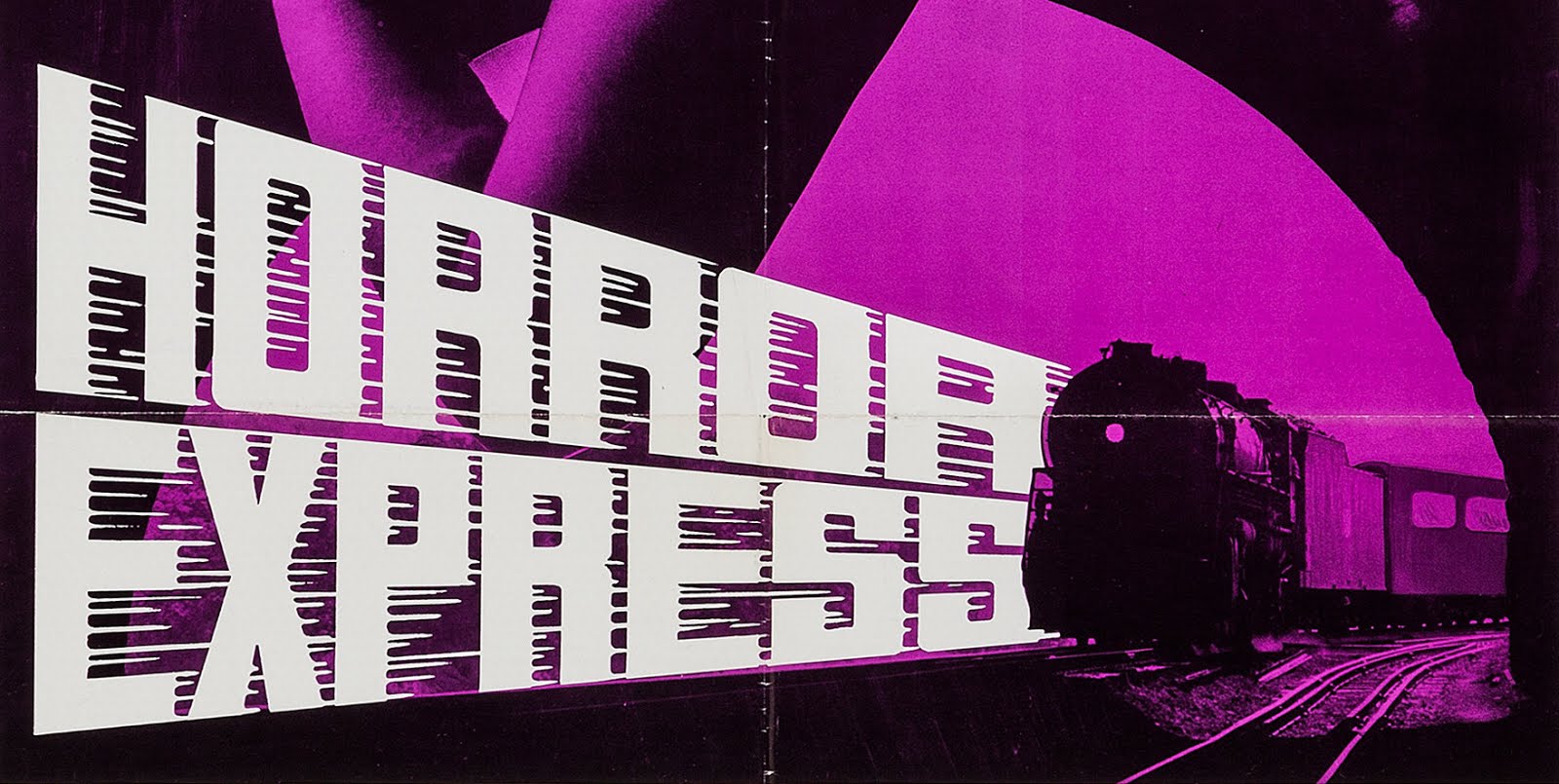
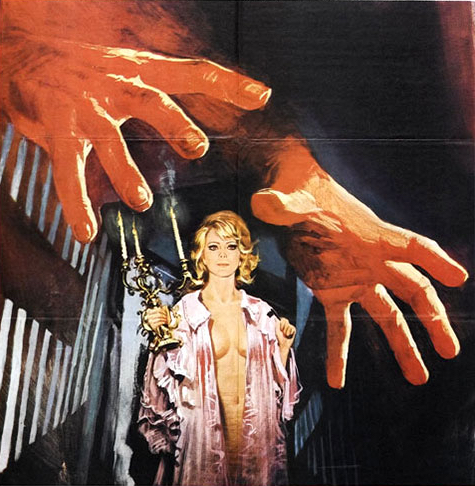

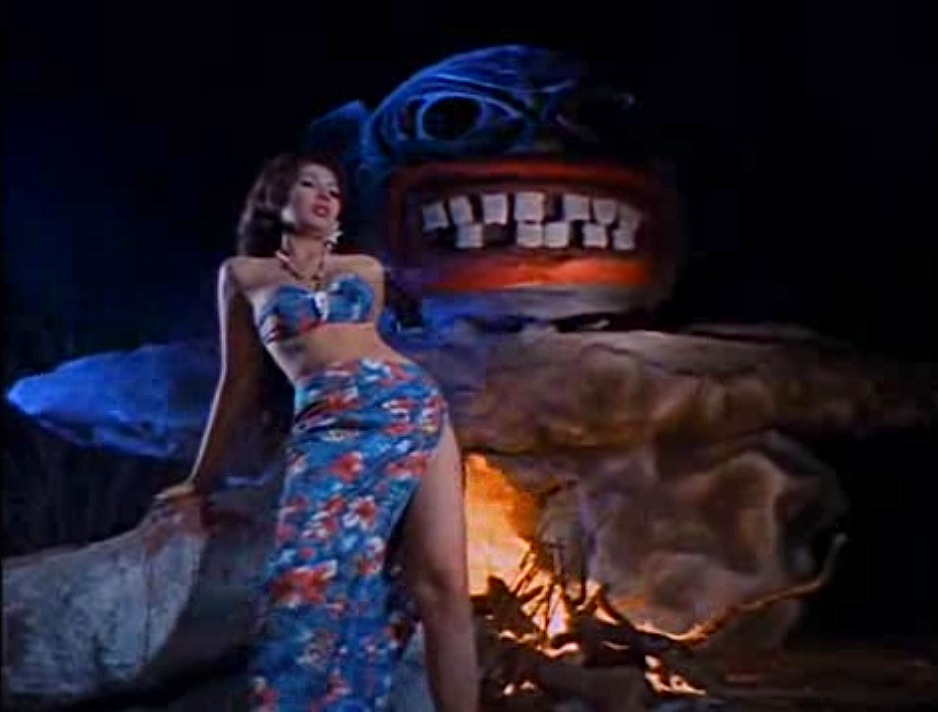




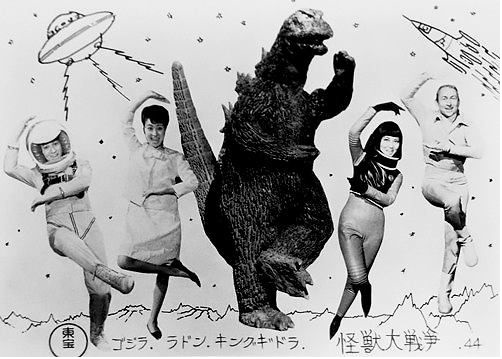



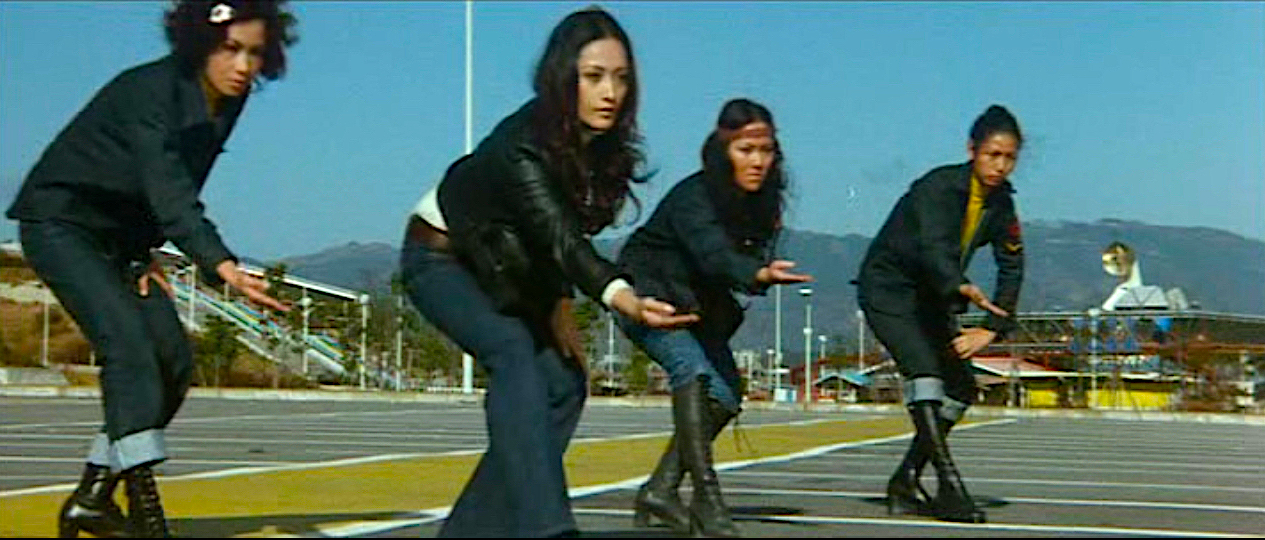


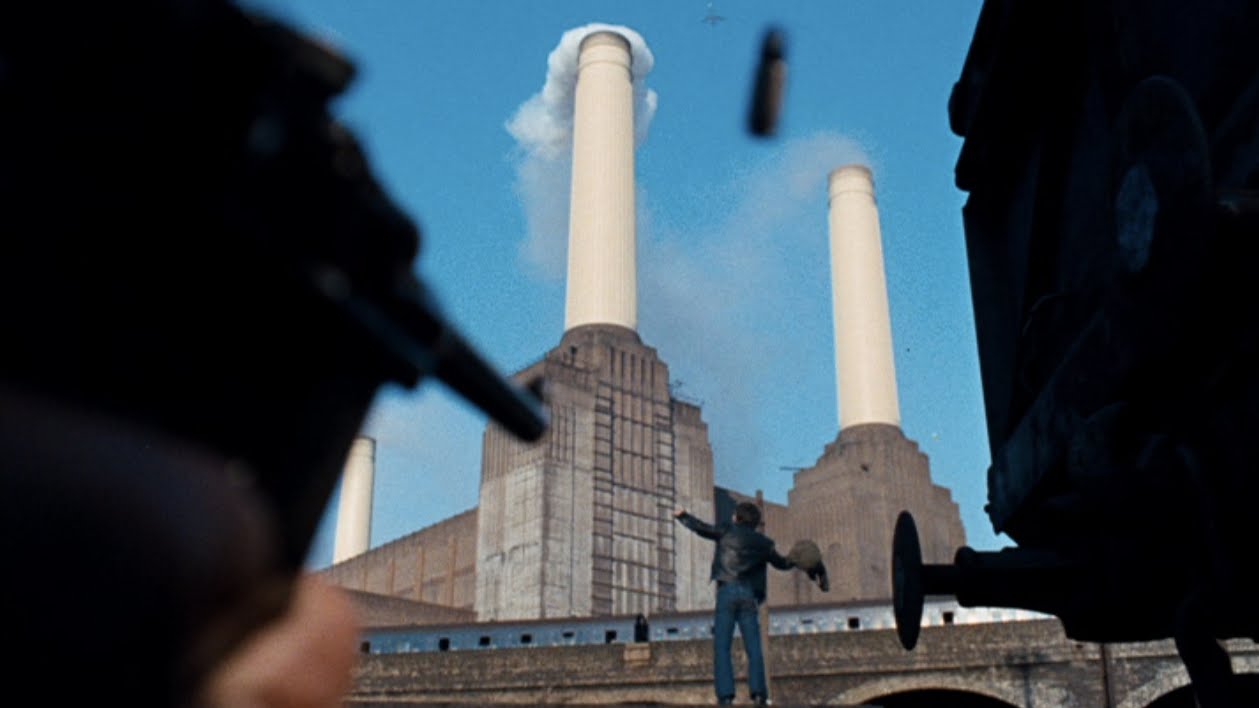
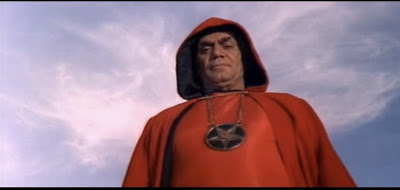








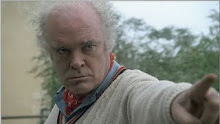
2 comments:
Some films I can't watch. One of them is Night Train, another is Bava's Rabid Dogs.
Although I rate both films highly, I can definitely understand that - they're pretty rough viewing!
Post a Comment